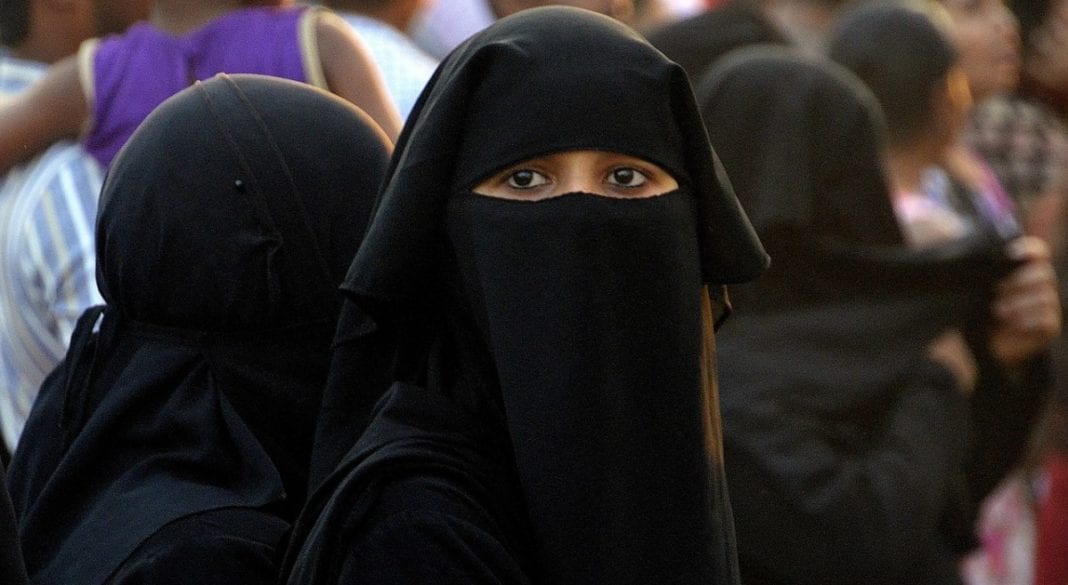A train was delayed at Rotterdam Central Station on Monday night when a woman wearing a niqab refused to lift the garments in order to be identified by NS inspectors.
It’s the second reported incident after the burka ban law came into effect on August 1 2019. The first instance was a woman being denied entry onto a public bus.
A police statement said the woman refused to remove her niqab so NS inspectors could not verify whether she was travelling with a legitimate ticket.
What is the burka ban?
The ban requires faces to be visible when in public places like schools, hospitals, public transport and government buildings. Wearers of the niqab and burka are those primarily affected, but also people wearing motorcycle helmets or ski masks.
In the event of a violation, the offender can be charged up to 150 euros.
What happened at Rotterdam Central Station?
The police offered the woman a choice; for her to either remove her niqab, or be escorted off the train to have her identity verified by a female agent in a private room.
The woman wanted to remain on the train and for the agent to come on board instead but her request was denied.
After much deliberation, the woman showed her face. The train was delayed by twenty minutes.
The police decided not to issue the woman the 150 euro fine for breaching the law.
Trein op Rotterdam Centraal vertraagd omdat een nikabdraagster aan boord was. Ze weigerde de trein te verlaten. #boerkaverbod pic.twitter.com/se0t6wuYJG
— Theresia Schouten (@traceycakes88) September 16, 2019
The ban was originally suggested by Geert Wilders back in 2010 as he believed the burka prevented successful integration of women into the Netherlands. However, since coming into effect it has generated heated debate over freedom and security.
What do you think of the most recent events? Is it the states role to interfere with freedom of religion? Or a necessary security measure? Let us know in the comments below!
Feature image: rmac8oppo/Pixabay


